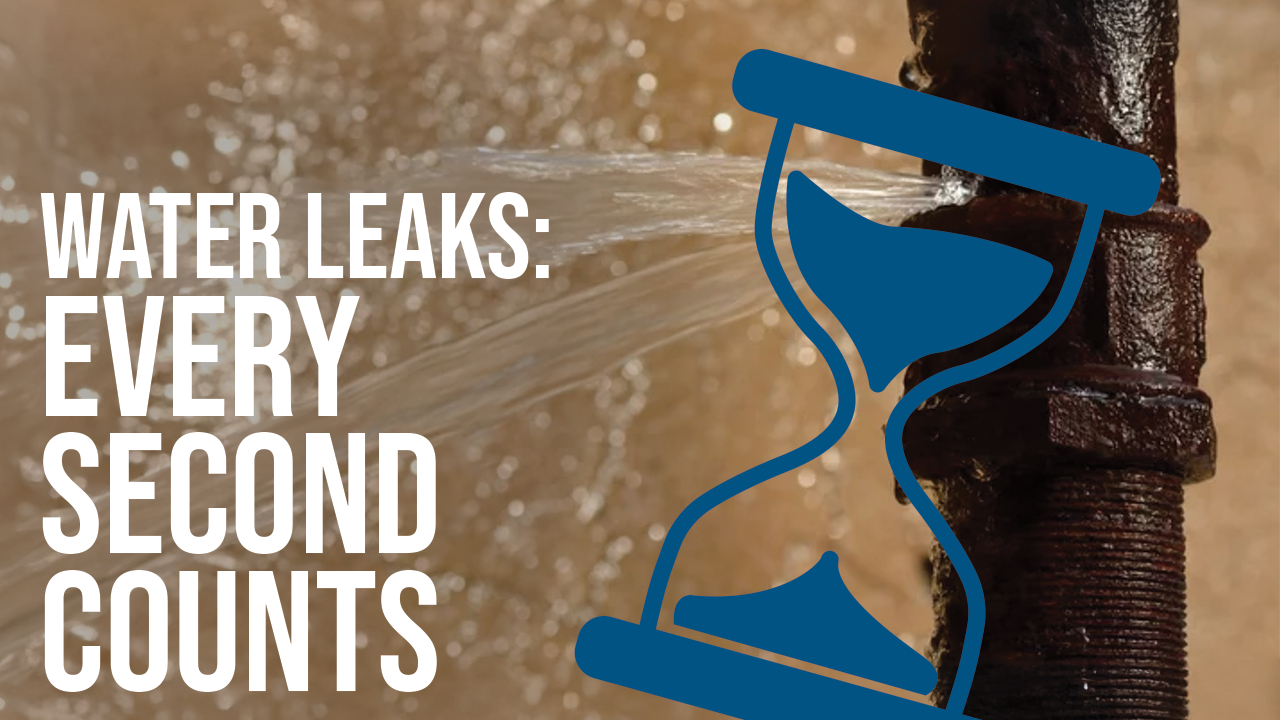Updated February 5, 2024
A storage tank water heater seems like an appliance that’s a prime candidate for turning rusty in only a few years. After all, it consists of a steel tank that contains a large volume of water. Water + metal = rust… or that’s how most people think the formula works.
While it’s true that metal meeting water in the presence of oxygen will result in corrosion, water heaters are designed with this in mind. If you take good care of your home’s water heater and schedule regular maintenance annually, you shouldn’t see any signs of rust on it until very late in its service life… at which point, we advise that you have it replaced.
The Anti‑Rust Secret: The Anode Rod
There are several defenses against rust in a water heater, such as glass-lined tanks and keeping as much air as possible from entering the tank. But the most important way that a water heater keeps away rust is a component called the anode rod.
The anode rod consists of a steel core with magnesium or aluminum wrapped around it. The rod is set on the top of the water tank and extends down into it. The presence of two different types of metal that are physically connected in water causes a chemical reaction where one metal attracts corrosion away from the other. The less reactive metal, in this case, the steel, stays intact. Not only does the steel in the anode rod resist corrosion, but the steel of the water tank is also saved.
In the simplest terms, the outer magnesium or aluminum of the rod “sacrifices” itself to corrosion to save the rest of the tank. This is why the anode rod is sometimes called the sacrificial rod.
If the more reactive metal of the rod corrodes completely—as it eventually will—the rod will stop protecting the water heater. This is why it’s important to have regular water heater maintenance: professionals will discover when the rod needs to be replaced and put in a new one.
If you want a service provider who will treat your home like their own, call Golden Rule today. We offer water heater repair services throughout the Greater Des Moines Metro Area.
Contact Us Today for Plumbing Service!
If you found this post helpful, check out some other budget-saving tips:


Water emergencies can strike when you least expect them. Whether it’s a burst pipe, an overflowing toilet, or a persistent leak, quick action can prevent costly damage.... Read More

Few things are as frustrating (and messy) as a toilet that overflows. Whether it happens at the worst possible moment or simply leaves you scratching your head... Read More

The holidays are a magical time of year—gathering with loved ones, sharing meals, and creating lasting memories. But one unexpected mishap can turn your festive celebration into... Read More
